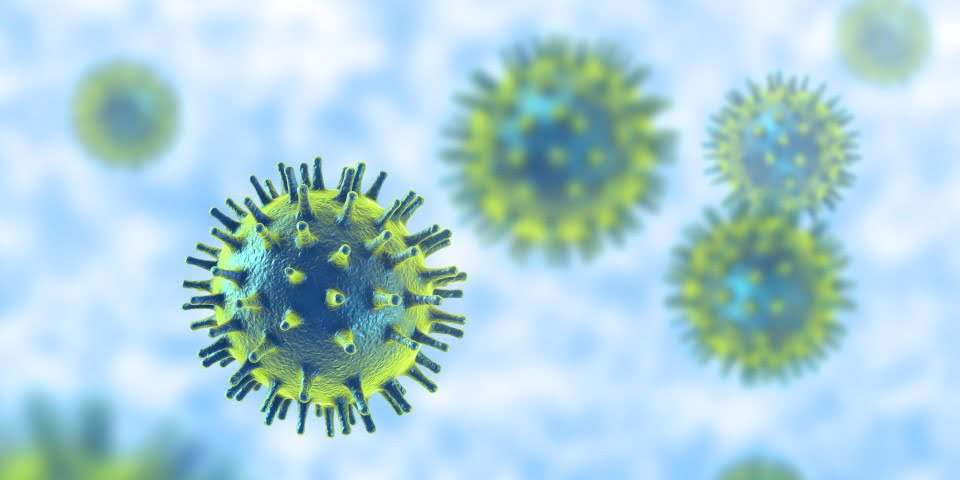A new device that can rapidly screen blood to detect a range of pathogens that cause disease has been developed in Australia.
In a breakthrough that could fast-track the way disease or infection is diagnosed and treated, the device has the potential to diagnose serious diseases within an hour using a sample of blood, or other body fluids.
Diseases it can identify include bacterial or fungal infection, HIV, hepatitis and diabetes. It can also create a full blood profile giving the overall health status of a patient simultaneously.
The technology is a small spectrometer that uses infrared light to analyse disease-causing pathogens in the blood. Each pathogen has a unique chemical fingerprint and it’s from this fingerprint a diagnosis can be done. The portable device weighs about 7kg and is powered by a small battery.
Monash University biospectroscopists have been issued a US patent for the diagnostic technology they hope will one day help doctors to diagnose and treat patients much faster than current pathology methods.
The diagnostic technique is the brainchild of co-inventors Dr Philip Heraud, Professor Bayden Wood and Dr David Perez-Guaita, of the Monash University Centre for Biospectroscopy in Melbourne.
The team is currently trialling patients in the detection of bacterial and fungal pathogens in the blood that cause the deadly bacterial infection sepsis.
“This technology represents a paradigm shift for disease diagnostics and has such been recognised with patent rights,” Professor Wood said.
“It means doctors could triage a patient faster than ever before, right at the point of care. Current techniques can take days to return a diagnosis, but this technique can provide initial diagnoses within an hour, allowing patients with life-threatening infections or illness to be treated without delay.”
The next step is to commercialise and refine the technology. The device could potentially be approved for use in hospitals, pharmacies and field settings in the next three to four years.
A US patent was issued for the technology last year for its ability to detect malaria, but the multi-disease diagnostic has since been expanded with a second patent to detect all pathogens in blood. The patents have been licensed to Biotech Resources (Aust) Pty Ltd, which will commercialise the product.






